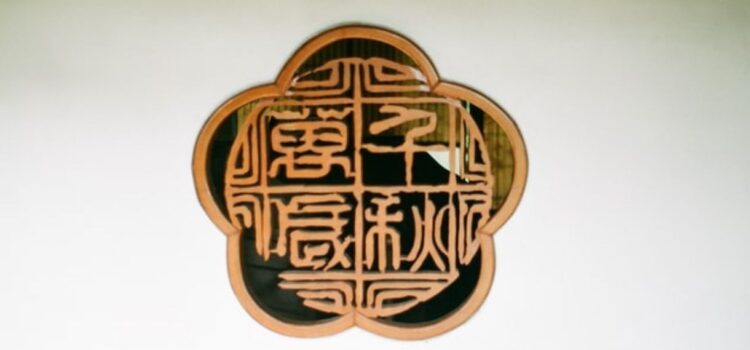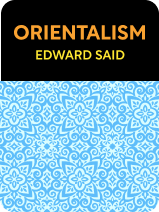

This article is an excerpt from the Shortform book guide to "Orientalism" by Edward Said. Shortform has the world's best summaries and analyses of books you should be reading.
Like this article? Sign up for a free trial here .
What is the difference between Latent and Manifest Orientalism? How are the two strands related?
Latent and Manifest Orientalism are the two strands of Orientalism that describe its ideological and political aspects respectively. Latent Orientalism is a set of ideas and unconscious assumptions about the Orient, while Manifest refers to the real-world interactions with it.
Keep reading to learn about Latent and Manifest Orientalism.
What Are Latent and Manifest Orientalism?
Latent Orientalism is the set of unconscious ideas about what defines the Orient that permeated Western writing on the subject. It is the idea of the Orient as static, unchanging, barbaric, superstitious, and in need of interpretation by Westerners.
You can think of Latent Orientalism as the constant background noise that can be heard in nearly all Western writing about topics such as Islam, the Middle East, and imperialism. Latent Orientalism succeeded in firmly establishing a fixed idea of what the “Orient” and so-called “Orientals” are (and what they are not) such that a certain set of images and tropes are brought to the minds of European and American readers immediately when these terms are used.
Manifest Orientalism, on the other hand, refers to how Europeans and Americans acted upon the Orient when they had direct contact with it. If Latent is mainly found within the world of academia and discourse, then Manifest is found in the realms of public policy, commerce, and empire.
Latent and manifest orientalism are, however, related. Latent Orientalism formed the set of ideological assumptions about the Orient that informed the actions of Manifest Orientalist adventurers, imperial administrators, businesspeople, and missionaries who exerted their will upon the peoples of the East.
Manifest Orientalism revealed itself to be a potent force in world politics by the late 19th century. By this time, the British and French governments had come to view the cultivation of experts in Oriental studies as necessary for the survival and expansion of their Middle Eastern empires. This was because, as we’ve seen, Western policymakers viewed the Orient as essential and unchanging. Thus, experts in ancient languages, monuments, and religions could provide valuable insight into the eternal “Oriental mind” that would be of great use in dominating the contemporary peoples of the Orient.
The mobilization of academic knowledge in service of imperialism became a hallmark of Orientalism during this period. Orientalist tropes about Western superiority and Eastern passivity played a major role in justifying and legitimating the imperialist project. Orientalist scholarship influenced the actions of key historical figures like Napoleon, who very much saw themselves as modern-day exemplars of an ancient tradition of Western dominance.

———End of Preview———
Like what you just read? Read the rest of the world's best book summary and analysis of Edward Said's "Orientalism" at Shortform .
Here's what you'll find in our full Orientalism summary :
- How Western society invented the concept of Orientalism
- Why "the Orient" was thought of as a different, exotic, and dangerous place
- How Orientalism was central to European colonialism






